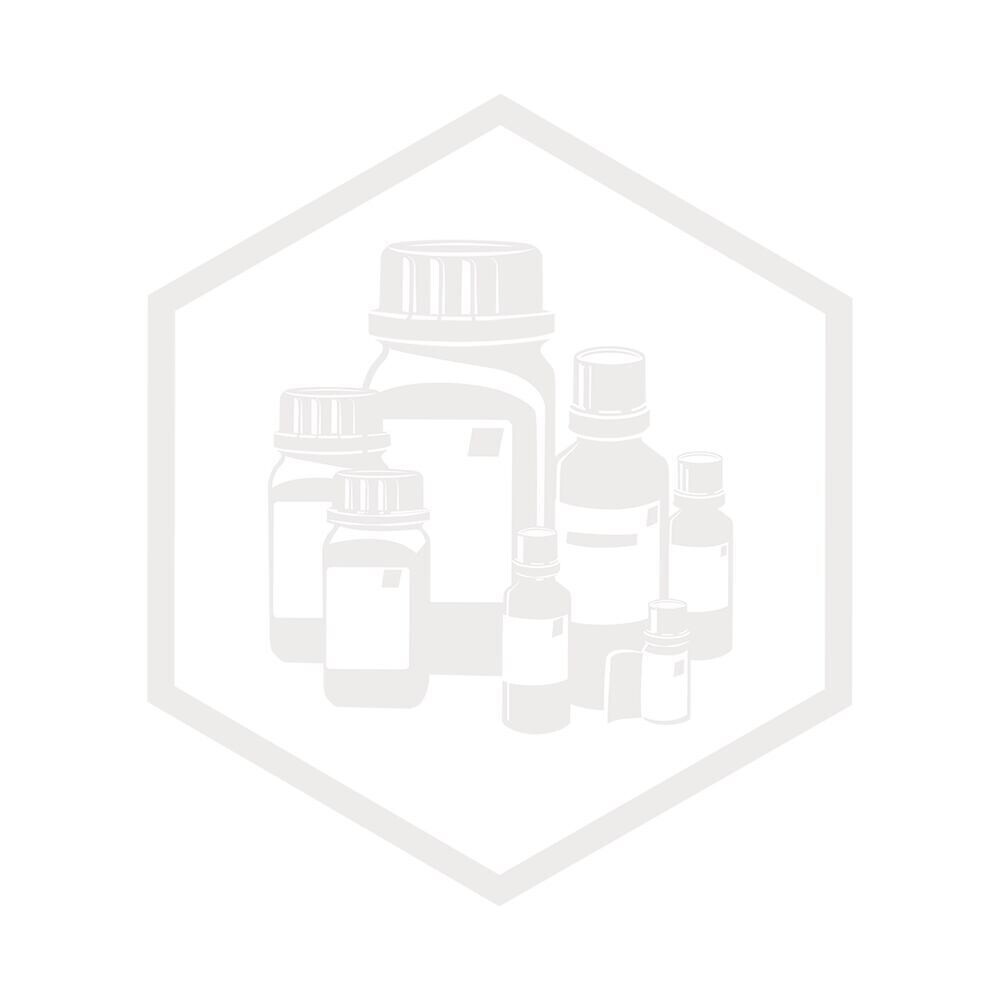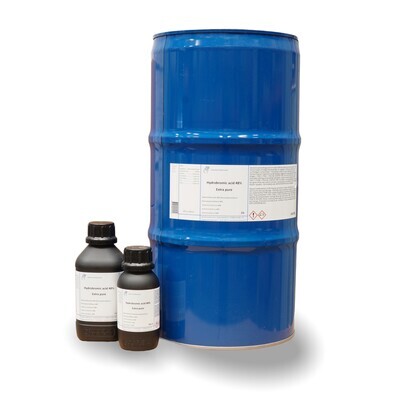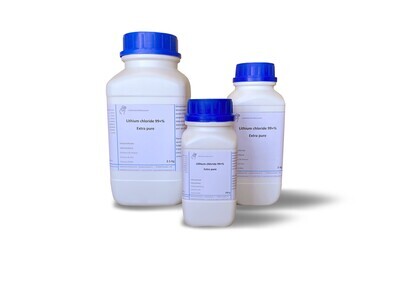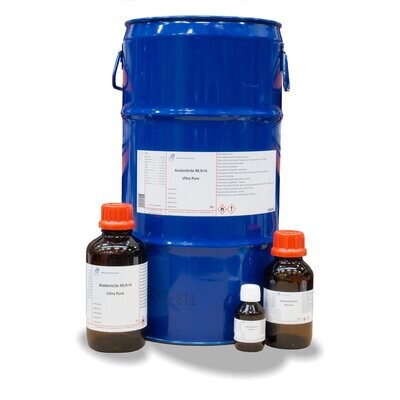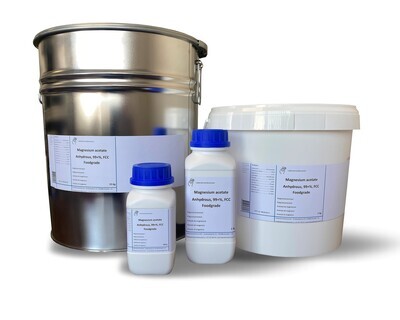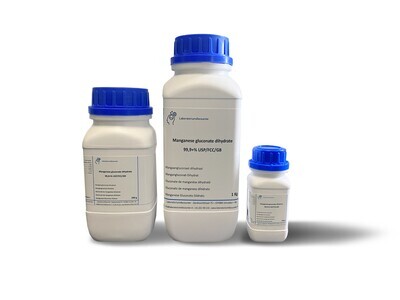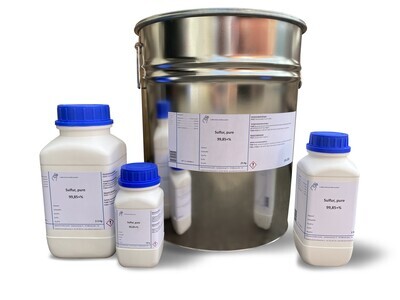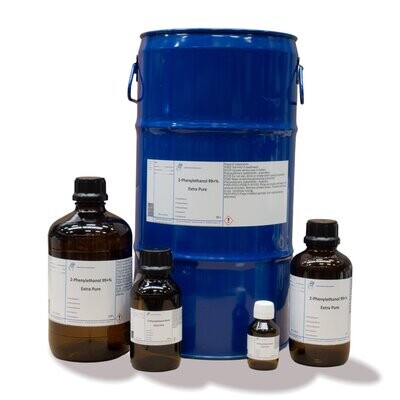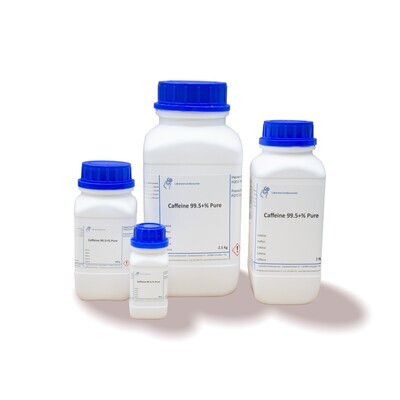Verzending 24–48 u • Levering in de hele EU • Veilige chemieverpakking
Lithium niobate powder 99.9% 50 g
SKU 004835
€ 132,17
In stock
1
Save this product for later
Lithium niobate powder 99.9% 50 g
Product Details
CAS number: 12031-63-9
Chemical formulas: LiNbO3/ F.W. 147.85/ powder
Cation: Li
Packaging: 50 g
EAN: 8721028233677
Brand: Laboratoriumdiscounter
Lithium niobate powder is a versatile material with exceptional optical and electrical properties. Used in various applications such as telecommunications, photonics, and electronics, this high-quality powder offers excellent transparency, low optical loss, and high electro-optic coefficients. With its unique combination of properties, lithium niobate powder is a sought-after choice for researchers and industries looking to enhance their devices and systems.
When working with lithium niobate powder, it is important to follow safety precautions to minimize the risk of accidents or exposure. Here are some short safety instructions to consider: 1. Personal Protective Equipment (PPE): Always wear appropriate PPE, including safety goggles, gloves, and a lab coat or protective clothing, to protect your eyes, skin, and respiratory system from potential hazards. 2. Ventilation: Work in a well-ventilated area or use a fume hood to prevent the inhalation of dust or fumes. Lithium niobate powder can release fine particles that may be harmful if inhaled. 3. Handling: Avoid direct contact with the powder. Use tools such as scoops or spatulas to handle the powder and minimize skin exposure. Do not eat, drink, or smoke while working with the powder. 4. Storage: Store lithium niobate powder in a tightly sealed container in a cool, dry place away from incompatible materials. Follow any specific storage instructions provided by the manufacturer. 5. Spills and Cleanup: In case of a spill, carefully clean up the powder using appropriate methods, such as vacuuming or damp wiping. Avoid creating dust or dispersing the powder into the air. Dispose of the waste according to local regulations. 6. Fire and Explosion Hazards: Lithium niobate powder is not flammable or explosive under normal conditions. However, it may release toxic fumes when heated to high temperatures. Avoid exposure to open flames or extreme heat. 7. First Aid: In case of accidental exposure or ingestion, seek medical attention immediately. Rinse eyes or skin with plenty of water if contact occurs. Provide medical personnel with the necessary information about the substance. 8. Training and Knowledge: Ensure that you are adequately trained and familiar with the properties and hazards associated with lithium niobate powder before working with it. Follow all safety guidelines provided by your institution or employer. Remember, these instructions are not exhaustive, and it is essential to consult the specific safety data sheet (SDS) and guidelines provided by the manufacturer for comprehensive safety information.
Please note, not all safety data for this product is available on our website, for a complete list of P en H sentences and other safety instructions please request the MSDS at our customer service
You May Also Like
End user declaration required
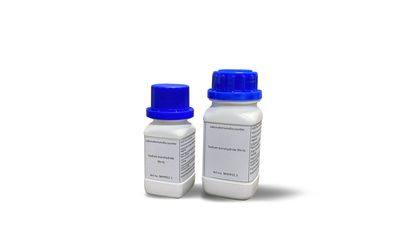
Sodium Borohydride 98 +%, pure 50 gram
Sodium Borohydride 98 +%, pure 50 gram
Only for registered companies
SKU NHH932.2
€ 33,50
End user declaration required
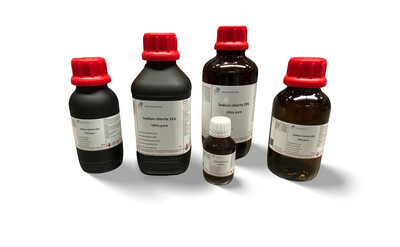
Sodium Chlorite 25% Ultra Pure 1 Liter Glas
Sodium Chlorite 25% Ultra Pure 1 Liter Glas
Only for registered companies
SKU 992145.5
€ 65,80
End user declaration required
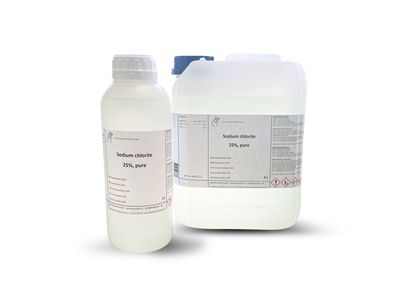
Sodium chlorite 25% 5 Liter
Sodium chlorite 25% 5 Liter
Only for registered companies
SKU NCL91.1.2
€ 52,92
Out of stock
Display prices in:EUR
